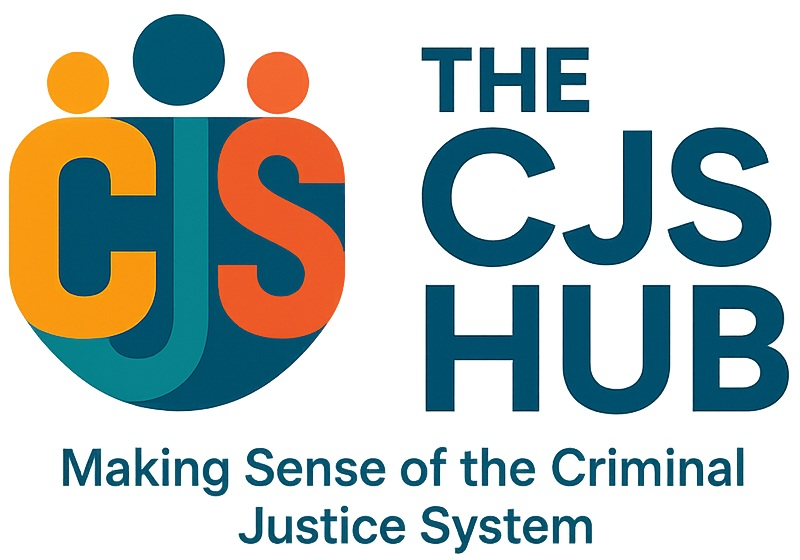When someone you care about is facing court, it’s natural to feel anxious, overwhelmed, and unsure of what to expect. Courtrooms can seem intimidating, especially if you’ve never set foot in one before. You’re there to support them, but you might also be juggling your own fears, confusion, and frustration.
This page is here to guide you through the process — from understanding what’s likely to happen on the day to preparing yourself emotionally and practically so you can be the strongest support possible.
Understanding the Court Journey
Every case is different, but once someone has been charged, the process generally starts in the magistrates’ court, even for more serious offences. The first appearance often feels rushed, but important things can happen: bail decisions, plea entry, or setting the next hearing date.
After that, the case may stay in magistrates’ or move to the Crown Court if it’s more serious. Crown Court hearings involve judges, barristers, juries, and can stretch over weeks or even months. For families and friends, it can feel like a constant cycle of waiting, worrying, and reacting — especially when hearings are adjourned or decisions get delayed.
Knowing roughly where your loved one’s case sits in the process can make the experience feel less overwhelming.
How You Can Help Before the Hearing
Practical preparation goes a long way. Being organised and calm can make the day less stressful for both you and the person facing court. Make sure you know where the court is, what time to arrive, and whether there are any documents or forms your loved one needs to bring. If bail conditions apply, double-check they aren’t breached — arriving early or going somewhere restricted can cause problems.
It can also help to talk things through in advance. Discuss whether they want you in the courtroom, where you’ll sit, and how you can best support them on the day. Sometimes just knowing you’ll be there in the building makes a massive difference.
What to Expect on the Day
Courts can feel tense and confusing. Security checks happen at the entrance, and once you’re inside, the environment can be busy and noisy. You might have long periods of waiting, especially if there are delays in the list.
Inside the courtroom, proceedings are formal, but you don’t need to understand every word — your presence alone can be a powerful source of comfort. Some supporters sit quietly in the gallery; others wait outside if that feels less overwhelming for the person on trial. Both are fine — what matters is showing them they’re not alone.
Emotional Support Through the Process
Watching someone you care about stand in court can be exhausting. You may hear things said about them — or about events — that are upsetting or hard to listen to. You may feel angry at the system, frustrated by delays, or helpless when you want answers you don’t have. These reactions are completely normal.
Be gentle with yourself as well as with them. Lean on friends, family, or peer support groups if you need to talk it through. Supporting someone through court isn’t just about showing up physically — it’s about managing your own emotional energy so you can keep being there when it matters most.
After the Hearing
Court outcomes vary. Sometimes your loved one will leave with relief; other times, the process will move forward and there’ll be another hearing to prepare for. Decisions about bail, trial dates, or sentencing can have a massive impact on everyone involved.
Whatever happens, try to focus on what comes next rather than everything at once. Each stage has its own challenges, and getting clear, steady information can make those challenges easier to handle.
Supporting someone through court is one of the hardest things you can do. It demands patience, resilience, and emotional strength — but it also makes a real difference. Simply being there, understanding the process, and helping with the practicalities can help your loved one feel less alone in one of the most stressful periods of their life.
And remember, your well-being matters too. The CJS Hub is here to provide resources, guidance, and community for anyone navigating the court system — whether you’re the one in the dock or the one standing by their side.
